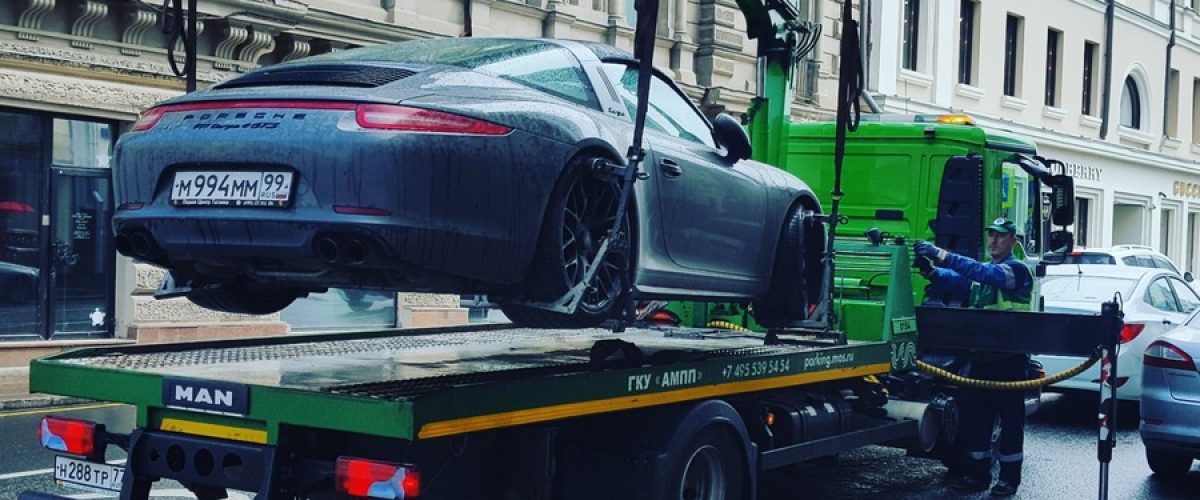For many South Africans, 2021 seems to be an extension of a long and financially difficult 2020. The truth is, our country’s economic climate was somewhat cloudy prior to the pandemic and global lockdown which only served to make matters more dire.
As more and more businesses permanently close their doors an increasing number of people fine themselves unemployed or having to make do with reduced incomes; the ripple effect being the affordability of their vehicles.
Vuyi Mpofu spoke with Casper Badenhorst, Senior Associate at legal firm, Ulrich & Associates about car repossessions, consumer rights and the process credit providers need to go through before sending a collector to reclaim a vehicle.
VM: Are car repossessions ‘legal’?
CB: Repossessions are legal if the correct and legal channels are followed allowing a person to repossess a vehicle. Should a person attempt to repossess the vehicle, you must always ask to see a copy of the court order or warrant of execution allowing them to take the vehicle.
Once the credit provider is granted a court order, the credit provider may execute on this order by instructing the Sheriff to attach the vehicle.
– Casper Badenhorst, Senior Associate, Ulrich & Associates
VM: What is the process the bank needs to follow in order to repossess your vehicle?
CB: A bank must send a section 129 Notice in terms of the National Credit Act in order to inform the defaulting payer that they must pay. In addition to this demand, the bank must also inform the defaulting payer that he/she has the option to refer the matter to a debt counselor, alternative dispute resolution agent, consumer court or an Ombud within the jurisdiction in order to assist in resolving the debt.
The aim of this is to seek an amicable way of resolving the issue without it having to escalate to court. If the debt is referred to, say a debt counselor, it must be done within 10 business days from receipt of the letter.
Should the defaulting consumer not respond to the section 129 Notice, the credit provider may issue summons and approach the court for an order to enforce the credit agreement.
Once the credit provider is granted a court order, the credit provider may execute on this order by instructing the Sheriff to attach the vehicle. Once the vehicle is attached the vehicle will be valued and auctioned off at a public auction.
Should there still be a shortfall owing even after the auction, the bank can still hold the consumer liable for the shortfall payment
– Casper Badenhorst, Senior Associate, Ulrich & Associates
VM: What are your rights in relation to vehicle repossessions?
CB: A consumer who is in default of payments towards a vehicle has rights when it comes to repossession of their vehicle, particularly when vehicles are financed through credit agreements. The legal processes a financier of a vehicle may repossess a vehicle is either by obtaining a court order and warrant of execution or if the consumer voluntarily surrenders the vehicle in terms of the National Credit Act.
In terms of the National Credit Act, consumers will be provided with an opportunity to reduce the arrears by requiring the financier to first try and sell the vehicle in order to reduce a large portion of the outstanding debt. The alternative is that a financier will need to approach a court for an order to allow them to repossess the vehicle.
VM: If the bank sells a car at auction but gets less money than is outstanding, can the owner be held responsible for the shortfall?
CB: Should there still be a shortfall owing even after the auction, the bank can still hold the consumer liable for the shortfall payment.
VM: If a vehicle is repossessed what, if any, recourse do consumers have?
CB: Once a vehicle is legally repossessed, in that a bank has obtained a court order, the recourse against the repossession becomes quite difficult. This is particularly so when the defaulting consumer has no defence to the default in payments towards the vehicle.
A person cannot simply take your vehicle without having followed the correct processes
Casper Badenhorst, Senior Associate, Ulrich & Associates
The remedy available to a consumer is to consider whether the processes followed by the bank has been done correctly, however, one must consider whether there is any reason for the non-payment of the debt owing towards the vehicle.
VM: What should consumers be aware of in respect of repossessions?
CB: Credit providers, such as banks, are required to follow strict processes in order to repossess vehicles. A person cannot simply take your vehicle without having followed the correct processes to obtain a court order or to inform you of the default and consequences thereof. In addition to understanding that a court order must be obtained, consumers must be aware of the availability of requesting the bank to try sell the vehicle in order to reduce the debt owing to the bank, in the event that the consumer is unable to repay the debt.
No doubt we are living in difficult and losing your livelihood can be extremely stressful times. Should you have further queries about your vehicle finance don’t be afraid to approach your financier for assistance on the way forward.






